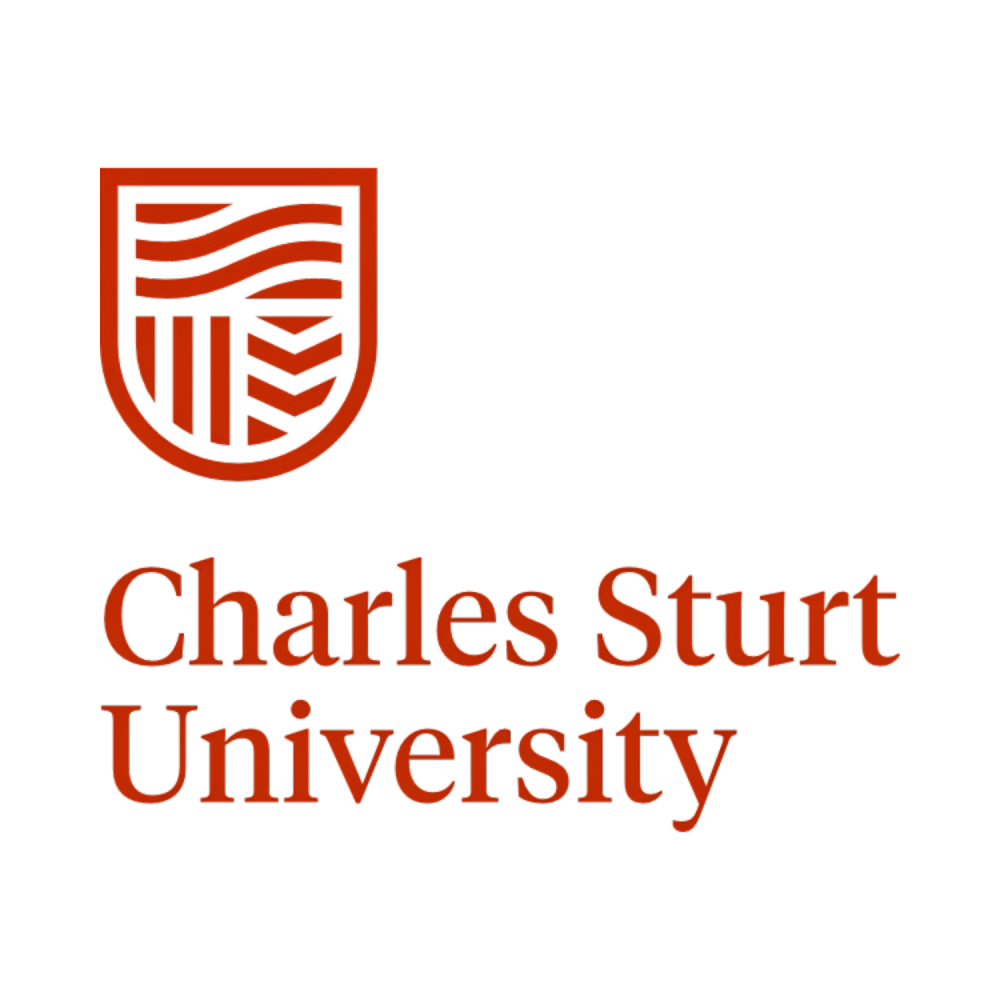Charles Sturt University
Master of Cyber Security
- Delivery: Online
- Study Level: Postgraduate
- Duration: 24 months
- Course Type: Master's
Acquire the theoretical knowledge and develop the technical and communication skills necessary to excel as an Information Technology professional.

Course overview
The Master of Cyber Security from Charles Sturt University will give you advanced skills and knowledge, allowing you to move into specialised cyber security roles. Available online and accredited by the Australian Computer Society, this cybersecurity course has a strong technical focus, and you'll cover contemporary topics in cybersecurity, such as digital forensics, hacking countermeasures and cyberwarfare and terrorism. Charles Sturt University and IT Masters offer six intakes, so you can choose when to start your studies. Choose a session or term beginning in January, March, May, July, August or November, and kickstart your IT career. To learn more about how Charles Sturt University's six-term and session structure works, visit the IT Masters website.
Key facts
13th July, 2026
16th November, 2026
What you will study
The course consists of four (4) core subjects, 32 points of compulsory subjects, a four (4) subject specialisation, plus 32 points of professional practice subjects
Eight Credit points each
- ICT Project Management
- Topics in Information Technology Ethics
- IT Fundamentals
- Database Systems
Entry requirements
To be eligible for admission to this course, applicants must meet the minimum entry criteria listed below:
- A completed Bachelor's degree or higher from a recognised Australian tertiary institution (or equivalent).
Applicants without equivalent tertiary qualifications will be admitted via the Graduate Diploma in Professional Information Technology pathway. For admission to the Graduate Diploma, applicants are required to have a minimum of a 3-year tertiary qualification equivalent to an Associate Degree. Upon completing the Graduate Diploma, students will be eligible for admission to the Master of Professional Information Technology and receive credit for applicable subjects.
Language requirements
Standard English Language Proficiency (ELP) requirements apply. Click here to view the specific international course entry requirements.
- A minimum overall score of 6.0.
- No individual score below 6.0.
Recognition of Prior Learning
Your previous studies can be acknowledged as credit towards your postgraduate studies, provided that they meet the relevant course requirements.
If you receive an offer of enrolment and you’ve undertaken prior learning, you may be eligible to apply for Recognition of Prior Learning. The procedure is governed by the university Recognition of Prior Learning policy. Contact the university for more details.
Outcomes
Learning outcomes
Upon completion of this course, graduates will be able to:
- Demonstrate knowledge of the technical skills essential for IT professionals to succeed in the global environment.
- Critically apply knowledge of current and emerging Information Technology (IT) trends in the domains of database design, cloud computing, IT ethics and project management.
- Apply advanced knowledge and understanding of contemporary technical skills in specialised areas of IT.
- Plan, execute and analyse an IT project and present the findings to specialist and non-specialist audiences.
- Demonstrate advanced understanding of core IT knowledge areas and their applications in professional practice through a work placement.
Career outcomes
When you graduate, you'll be ready to make your mark in a wide range of careers, including:
- Security Analyst
- Security Engineer
- Security Architect
- Penetration Tester
- Forensic Analyst
- Threat Intelligence Analyst
- Cloud Security Engineer
- Incident Response Specialist
- Malware Analyst.
Fees and FEE-HELP
Indicative 2026 first-year fee: $33,680 (domestic full-fee paying place).
All costs are calculated using current rates and are based on a study load of 32 credit points (normally four units) per semester or 64 credit points (normally eight units) per year. A student’s annual fee may vary in accordance with:
- The number of units studied per term.
- The choice of major or specialisation.
- Choice of units.
- Credit from previous study or work experience.
- Eligibility for government-funded loans.
Student fees shown are subject to change. Contact the university directly to confirm.
FEE-HELP loans are available to assist eligible.








